Over the past few weeks, speculation has been abound regarding the identity of Pitts 4,000th addition to the Richard C. Kessler Collection, following the overwhelming success of Kessler in 4K fundraising campaign. Pitts is thrilled to reveal that the wait is over; the 4,000th item has arrived from a partner in Germany, and it is spectacular! Please watch this video to learn about an unbelievably rare first edition that we are now privileged to hold and share with the world. As you watch, please know that it is because of the generous support of our donors that we are able not only to acquire this important book, but to also digitize it, to share it with students around the world, and to foster research about church reform.
This landmark acquisition further cements the Richard C. Kessler Reformation Collection’s reputation as North America’s premier collection of printed books and manuscripts documenting the religious and cultural reforms in Europe in the 16th century. Pitts commits to continuing our work not only to grow the size of the collection beyond 4,000, but, more importantly, to grow its impact through research and teaching.


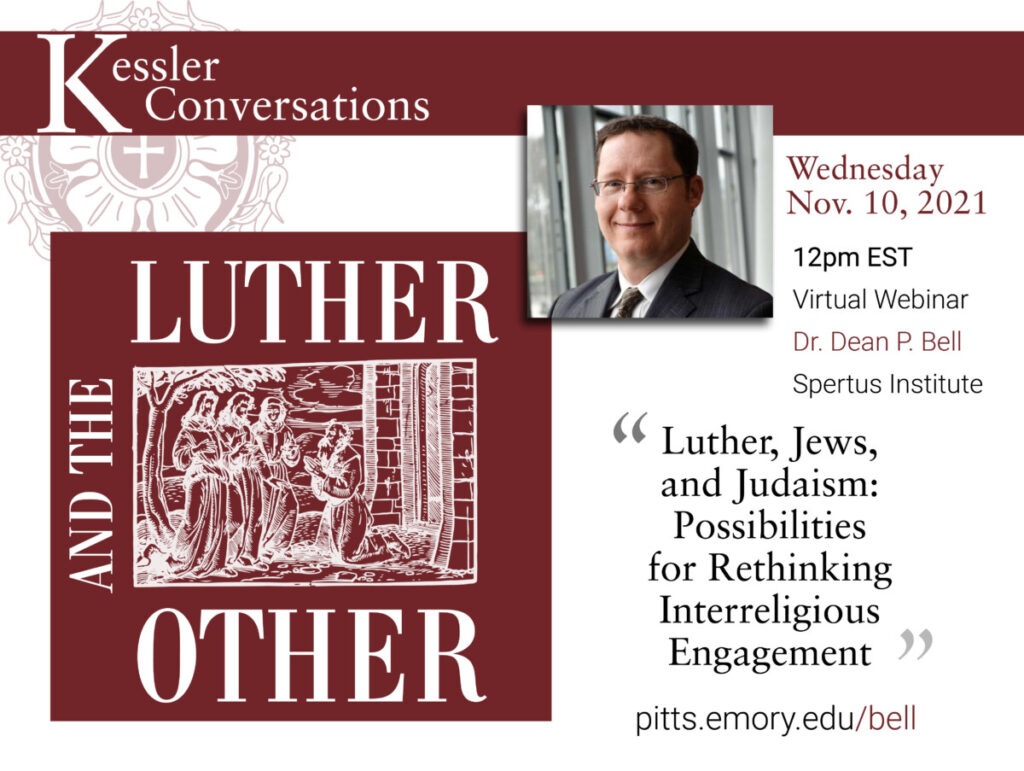
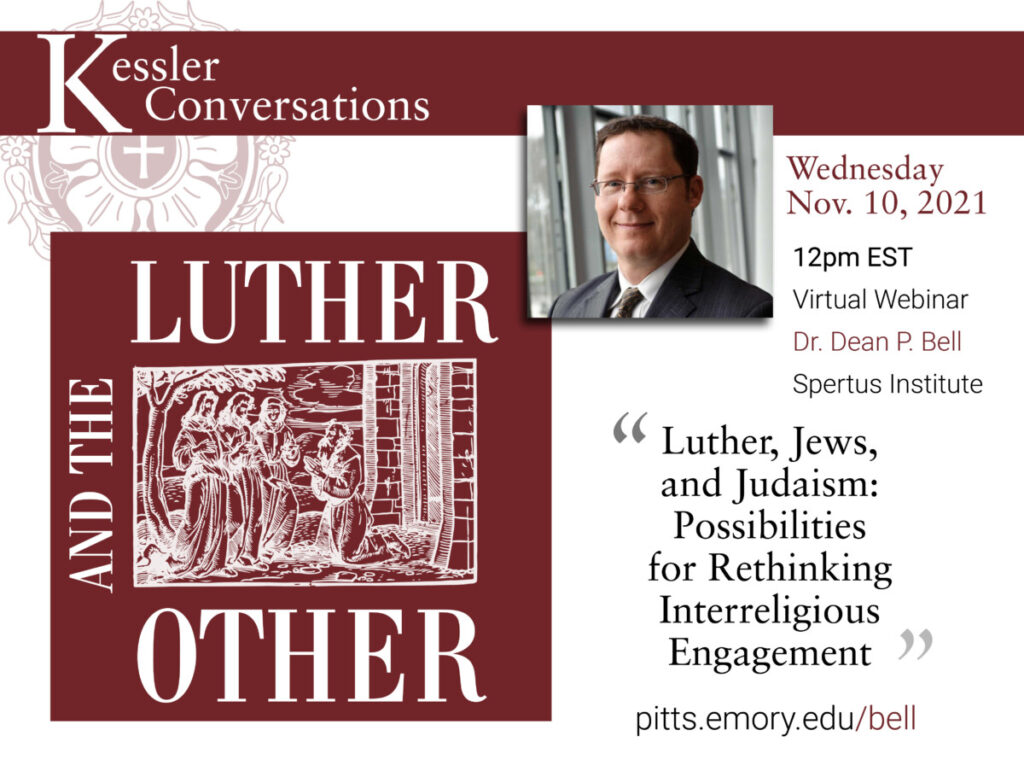
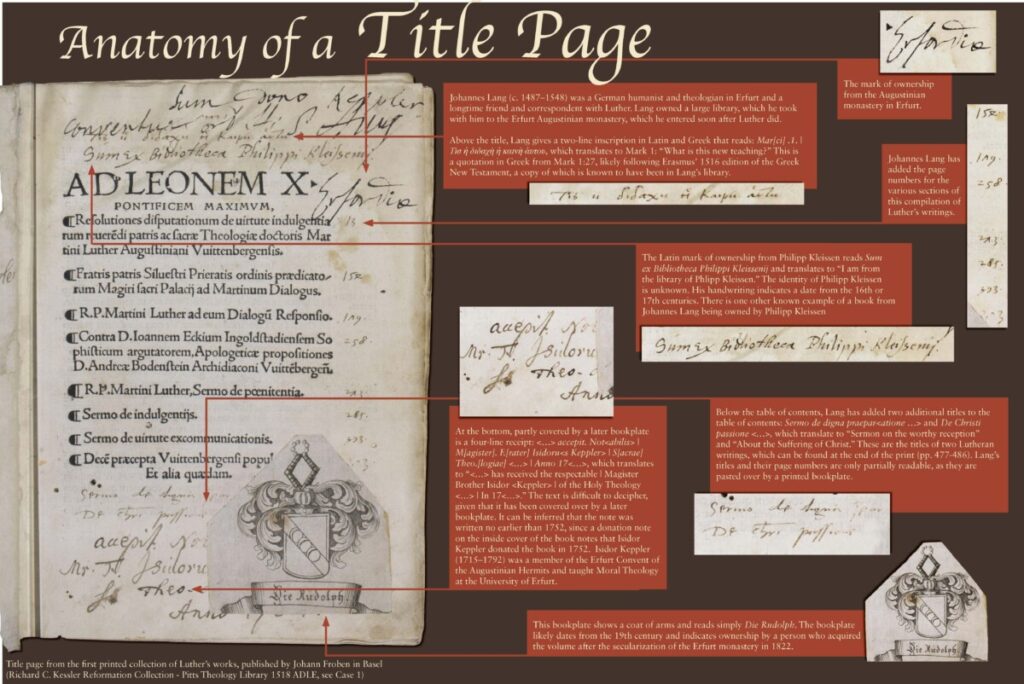
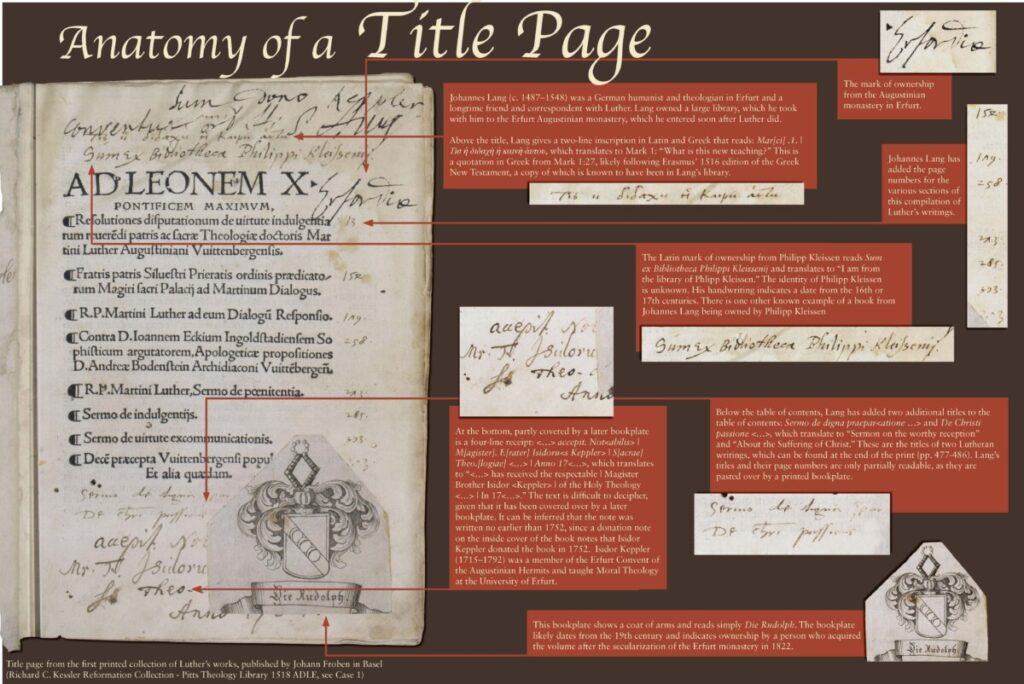
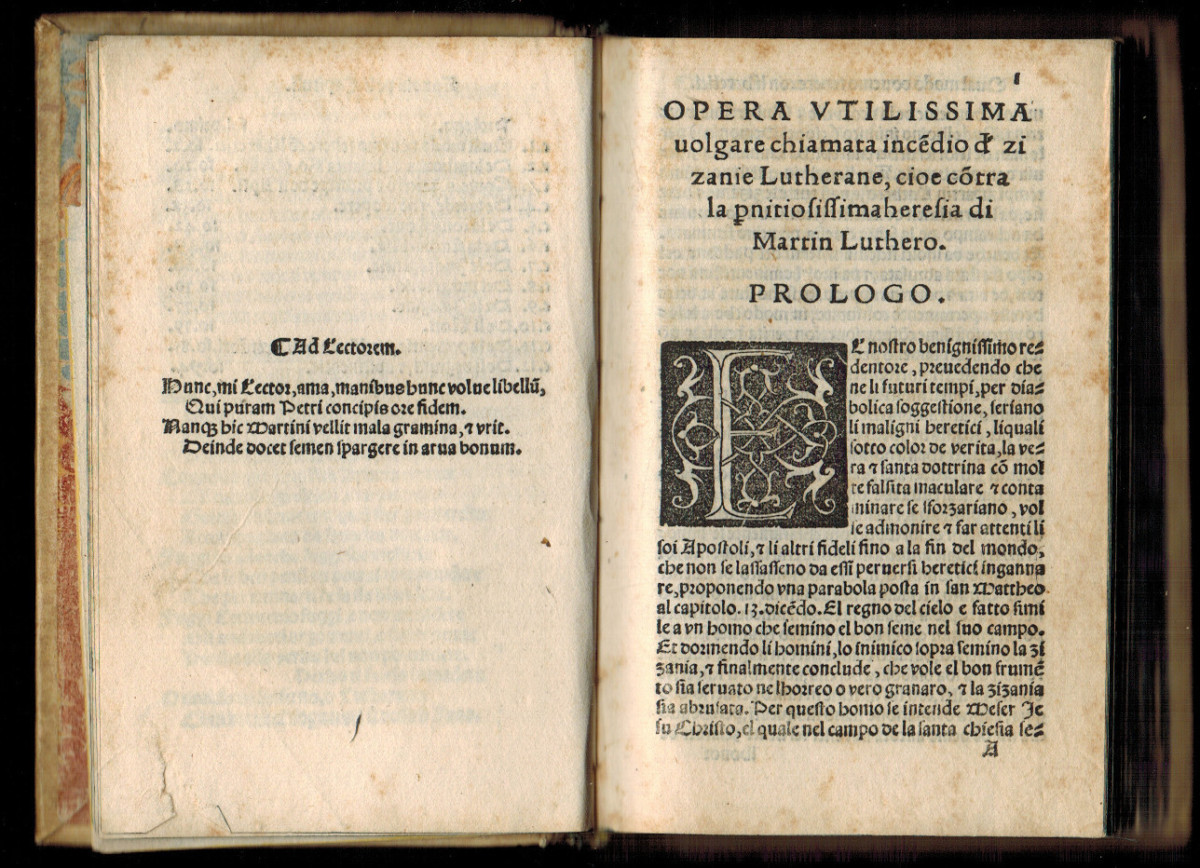
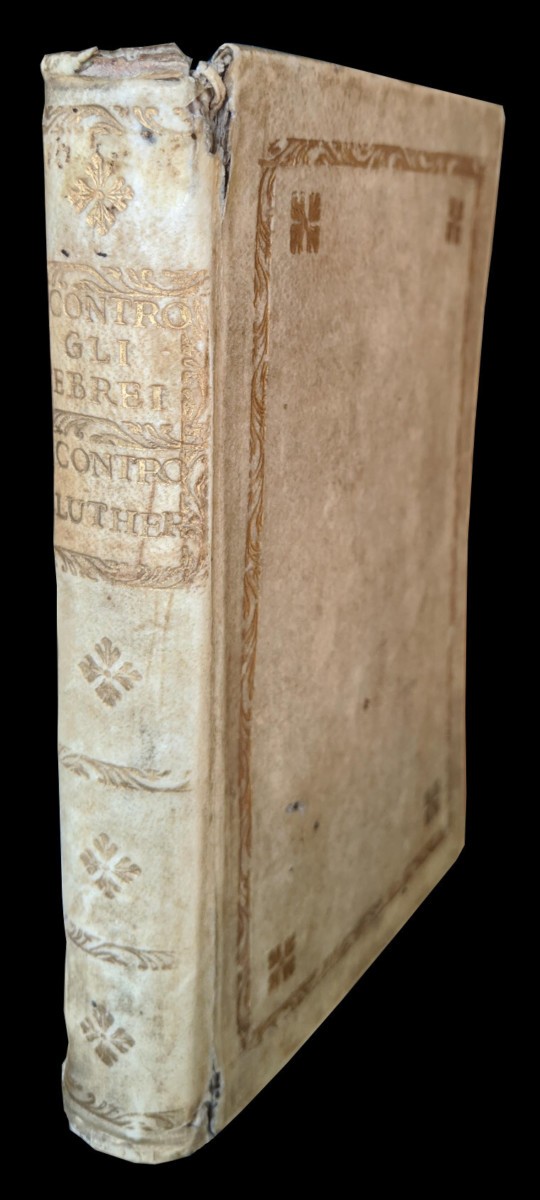 The work concludes with the printing of a satirical Latin song, presented as Luther’s friends “praising” him. Riffing off the classic hymn “Te Deum Laudamus,” the song, which begins “Te Lutherum damnamus” is series of condemnations against Luther and his work. The lyrics were later set to music by the French composer Maistre Jhan (ca. 1485-1538). The Kessler Collection also contains an earlier printing of the Latin hymn by itself (
The work concludes with the printing of a satirical Latin song, presented as Luther’s friends “praising” him. Riffing off the classic hymn “Te Deum Laudamus,” the song, which begins “Te Lutherum damnamus” is series of condemnations against Luther and his work. The lyrics were later set to music by the French composer Maistre Jhan (ca. 1485-1538). The Kessler Collection also contains an earlier printing of the Latin hymn by itself (